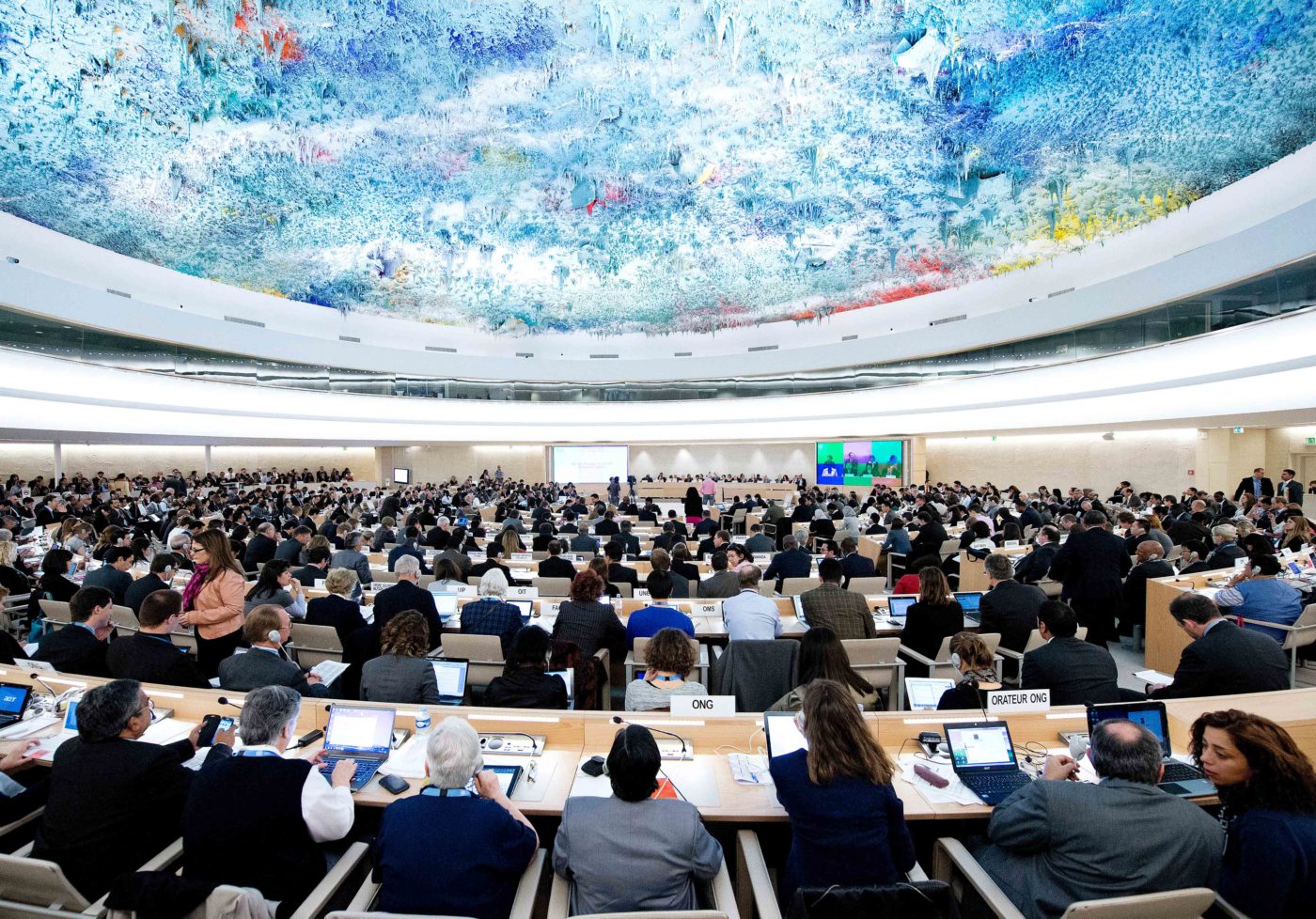The ICJ today applauded the adoption of a landmark resolution by the UN Human Rights Council recognizing the human right to a clean, healthy and sustainable environment, and a second resolution and establishing a Special Rapporteur on the promotion and protection of human rights in the context of climate change.
“This is an historic moment. A healthy environment is essential to living a dignified life, and must be accepted as a human right, not just a policy choice or abstract aspiration and the Human Rights Council has now resoundingly recognized this principle” said Ian Seiderman, ICJ Legal and Policy Director.
The ICJ emphasized the Council’s actions would allow for human rights law to play an increasingly important role in global, national and local efforts to ensure a healthy environment for all. The organization called on the UN General Assembly to follow suit in recognizing this key human right.
While there are numerous important environmental challenges facing the world, climate change poses an especially existential threat to human rights and human survival. The ICJ therefore welcomed the priority attention to the issue signaled by the Council in establishing the new independent expert mechanism.
“These bold resolutions, supported by the ICJ, are but a first but indispensable step by the UN Human Rights in assuming a leadership position in tackling the global climate crisis ,” said Ian Seiderman. “And by recognizing the inextricable linkage between human rights and the environment, the Council has given itself and the human rights movement a precious tool in moving forward.”
Background
The UN Human Rights Council approved today resolution 48/23 recognizing the right to a clean, healthy and sustainable environment and resolution 48/27 establishing the mandate of a Special Rapporteur on the promotion and protection of human rights in the context of climate change.
Resolution 48/23 was approved by a majority of 43 countries with four abstentions.
Resolution 48/27 was approved by a majority of 42 countries with four abstentions and one negative vote by the Russian Federation.





